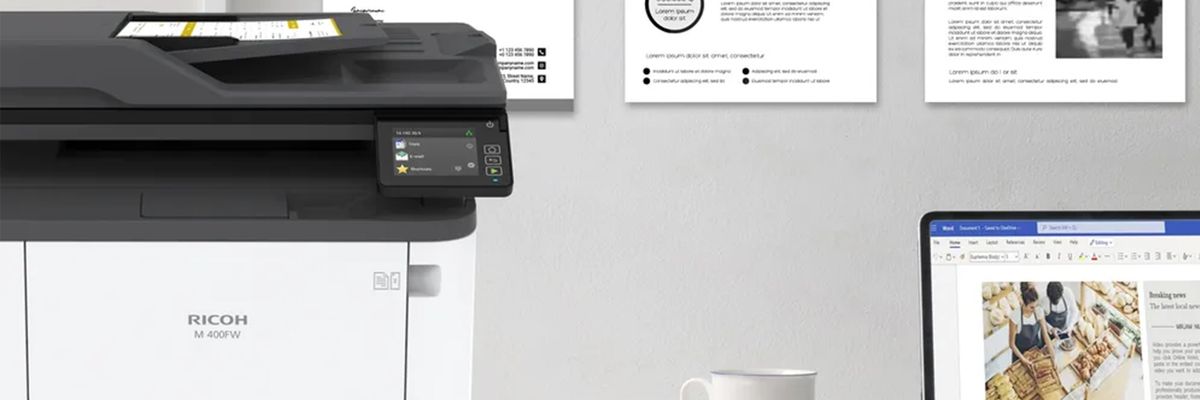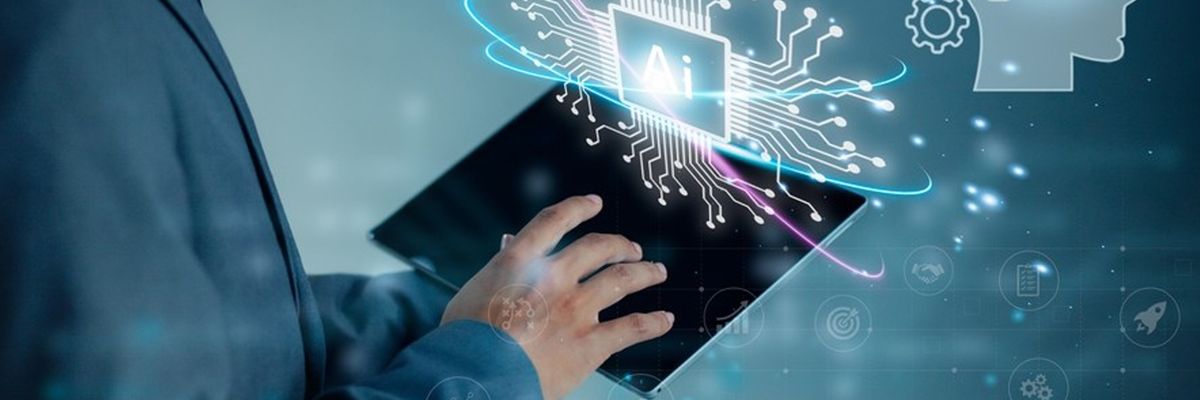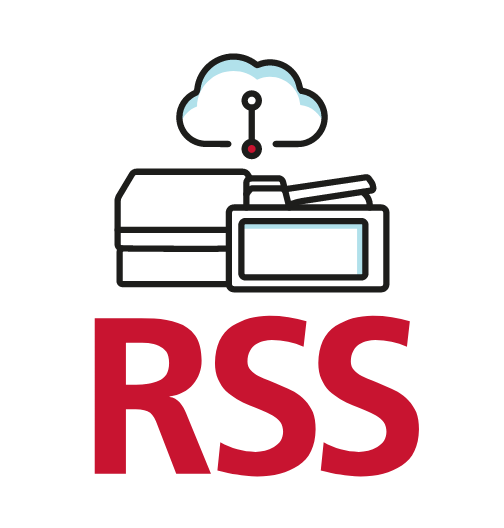
Why does focusing on workplace experience matter more than ever?
Diego Imperio, President & CEO Ricoh LATAM
When the cubicle became popular in 1967, it did more than just change the workplace: it created an entirely new work dynamic. It was seen as a private, personalized space that would lead to maximum productivity. But within a few years, the cubicle proved to be a nightmare for many workers, as well as a constant source of comic inspiration for TV series and movies.
Eventually, the walls were torn down and “open offices” appeared. What started out as the hallmark of young start-ups quickly became a trend adopted by many companies, with the goal of improving communication and creating a more cohesive environment.
And now? The work environment is evolving at an accelerating pace with digitalization.
Workplace experience has become a fundamental pillar for the growth of organizations. With the evolution of work dynamics, employees value more than ever a work environment that is not only collaborative, but also productive and aligned with their expectations. These accelerated changes have been driven in large part by generations such as Millennials and Generation Z who prioritize job satisfaction over other traditional factors such as seniority or even financial compensation.
And we are seeing several negative effects for companies that do not focus on their employees' expectations of their workplace experience, such as: difficulties in attracting talent, retaining talent, and keeping knowledge within the organization, given the constant turnover of younger generations.
According to data from the Randstad Workmonitor 2024 report, one of the priorities most highlighted by Generation Z in the workplace is flexible working hours. The days of people staying in offices and ordering pizza late at night are ending. Yes, it happened to me and maybe it happened to you too, but now it is not a benchmark for commitment or productivity, perhaps the opposite is true.
It is no secret that, during the pandemic era, many workers became accustomed to flexible working hours, identifying the advantages this brought to their work-life balance.
According to the data obtained in this same study, 41% of respondents consider flexible hours to be something they take very much into account when accepting a job or even quitting. If we look at the data provided by workers who are part of Generation Z, these figures increase and reach up to 51%.
Just like you, at #RicohLATAM we also face these challenges, as more than 60% of our workforce is Generation Z and Millennials.
And here I would like to make a clarification, flexible hours does not equal remote work. People want to be able to complete or perform the same tasks at different times and in different spaces. The physical office is not yet completely replaced by remote work, and personally, I don't think it will happen.
I imagine you're wondering... well, what does this have to do with technology?
Everything.
Regardless of which path you choose for your business, flexible work and/or face-to-face, the truth is that the office will always be the core of operations and centralize the technological muscle to ensure the continuity of your business, and it will be the digital tools you implement as part of your processes, which will allow both your workforce and your customers to have the best technological experience when interacting with you.
It is impossible to achieve the productivity, security, and connectivity that flexible and in-office work demands without having the right technology tools and the right equipment.
For example, remotely managed services that manage the technology solutions you have in the office, but at the same time, meet the support needs for those workers who work flexible and/or complementary hours (Ricoh Managed Services), or have the latest technology to provide uninterrupted service to your employees (Ricoh Device as a Service), or solutions for the automation of processes, regardless of the schedule in which the employee works (Ricoh Smart Flow).
I could go on and on, telling you thousands of ways in which technology adoption is helping us to create efficient work dynamics that adapt to the office and to flexible work (Ricoh Connected Workplace).
An employee's experience in the workplace encompasses many issues; as we saw, expectations of flexibility, but also, these generations take for granted having the technological tools that allow them to be more productive in their work, which ensure their connectivity and that help them innovate.
My goal in this article was to present the obvious, but little discussed, relationship that all this technology has with the employee technology experience, and how this helps meet the expectations that the new generations (who are now the majority of our workforce) have in and out of the office.
The purpose of our workplace technology experience solutions is to deliver all the benefits of technology when in the office and ensure support and coverage when out of the office. Because technology adoption should not only be viewed in terms of what we can do for our customers, but also for our employees. As they say... it all starts at home, and in a world where competition for talent is fierce, the technological expertise of the workforce also becomes a key differentiator.













